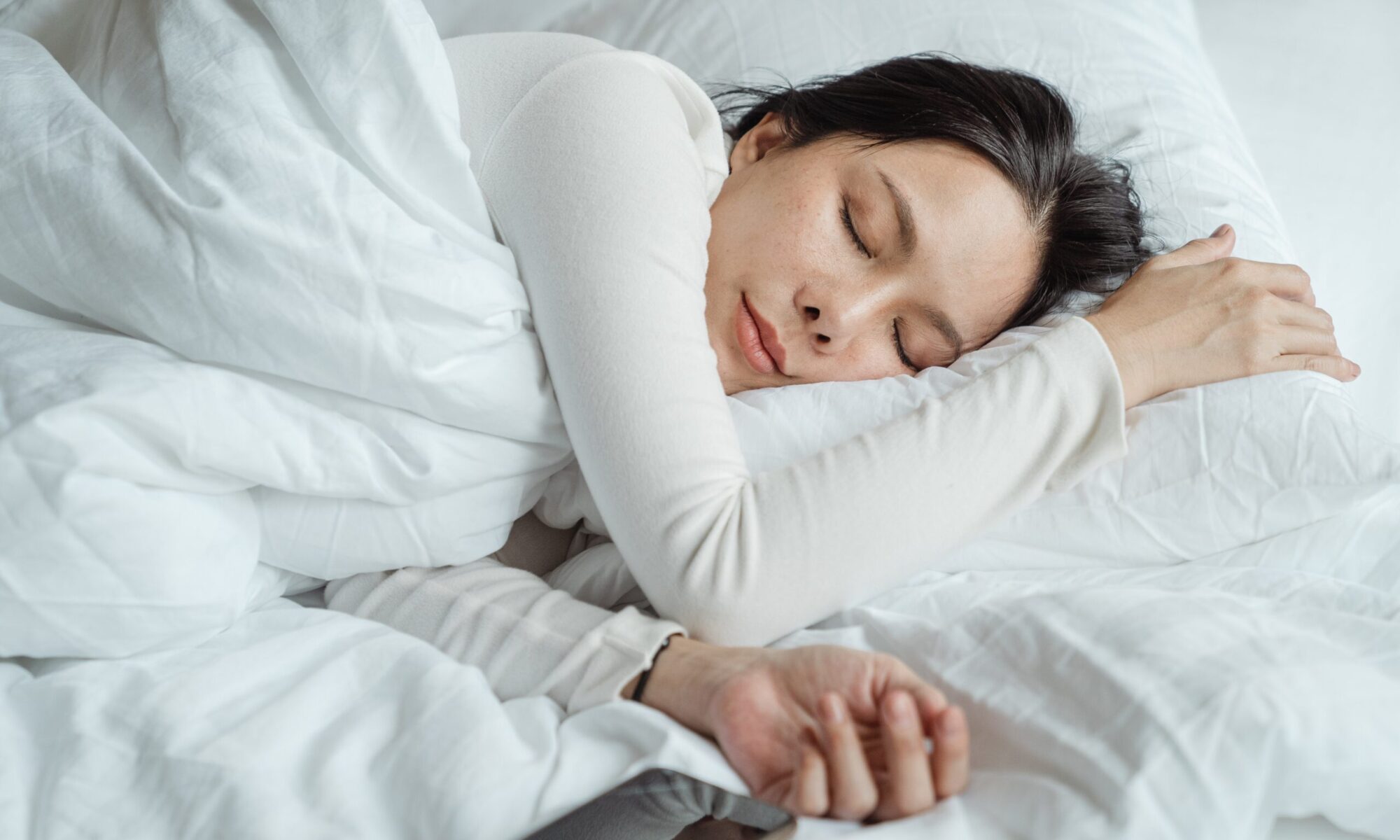Everyone is different, what works for one person might not work, or work so well, for another. Keep your mind open and try these when appropriate. Maybe they’ll work great for you, maybe it’ll take a while, but even if they don’t you’ll likely be no worse off, just ready to try something different. Good luck.
Practice Yoga, Meditation and Mindfulness
Stress leads to difficulty in falling asleep ‘stress release’ through means like Yoga can assist.
Yoga, meditation and mindfulness are all tools to calm the mind and relax the body. Moreover, they have all been shown to improve sleep.
Yoga encourages the practice of breathing patterns too as well as body movements that release stress and tension accumulated in your body.
Meditation can enhance melatonin levels and assist the brain in achieving a specific state where sleep is easily achieved. and mindfulness may help you maintain focus on the present and worry less while falling asleep. Practicing one or all of these techniques can help you get a good night’s rest and wake up reenergized.
Do not look at your alarm clock
When you think about it why would you even want an “ALARM” clock. It is not unusual to wake up in the middle of the night. However, the inability to fall back asleep can ruin a good night’s rest.
People who wake up in the middle of the night often tend to watch the clock and obsess about the fact that they cannot fall back asleep.
“Clock-watching” is common among people suffering from insomnia. This behaviour may cause anxiety about sleeplessness.
To make matters worse, waking on a regular basis without falling back asleep may cause your body to develop a routine. As a result, you might find yourself waking up in the middle of the night every night. If possible, it is best to remove the clock from your room. If you need an alarm in the room, you can turn your clock and avoid watching it when you wake up in the middle of the night.
Generally avoid Naps During the Day
Due to poor sleep at night, people with insomnia tend to be sleepy during the day. This often leads to daytime napping.
While naps of short duration have been linked to improvements in alertness and wellbeing, there are mixed opinions about the effects of napping on nighttime sleep.
Some studies have shown that regular, long (two hours or more) and late naps may lead to poor nighttime sleep quality and even sleep deprivation.
One study showed that among 440 college students, those who reported taking three or more naps per week, those who napped more than two hours and those who napped late (between 6 and 9 p.m.) had the poorest nighttime sleep quality.
Another study found that older adults who napped frequently had lower quality nighttime sleep, more depressive symptoms, more limited physical activity and were more likely to be overweight than those who rarely took a nap.
Other studies have revealed that naps do not affect nighttime sleep.
To find out if naps are affecting your sleep, try either eliminating naps altogether or limiting yourself to a short nap (30 minutes or less) late morning or early afternoon.

